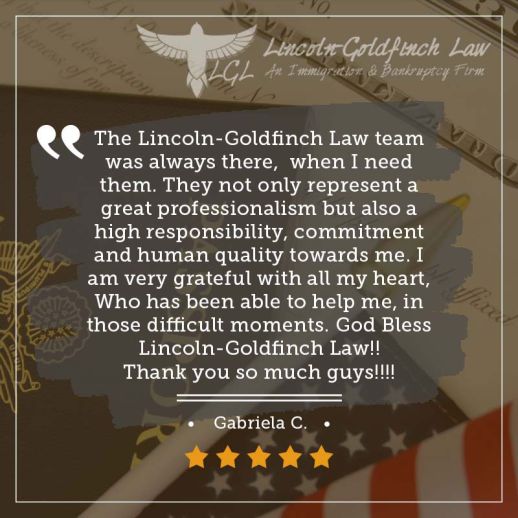Although traveling to the United States can be exciting, visitor visa requests are sometimes turned down. When this occurs, it is crucial to think about contacting immigration lawyers to assist you in understanding the grounds for the rejection and effectively arguing your case.
Immigration lawyers are trained professionals with experience assisting people with their immigration concerns. They are familiar with the intricacies of American immigration law. They have dealt with various visa applications, rejections, and appeals.
Click here for more information.
What Is Section 214(B)?
The Immigration and Nationality Act (INASection )'s 214(b) presumes that all applicants are intending immigrants. Unless they persuasively demonstrate that their family and economic links outside of the United States are sufficiently strong to the consular officer's satisfaction. This is done to make sure they leave once their permitted stay is through and that the activities they have planned in the US are appropriate for their visa status.
If your visa application has been rejected in accordance with INA Section 214, there is no appeals process available (b). Although you are not prohibited from reapplying for a visa, you will only be able to get a different outcome if you can present evidence of reliable, fresh, and persuasive relationships outside the US. You must demonstrate that the proposed activities in the US are appropriate for your visa class.
Convincing The Immigration Officer
The majority of other visa applicants must be able to persuade the immigration officer of the following, except for several types of visas (such as the H, R, and L visas):
- Demonstrating that the trip is legitimately necessary and covered by the kind of visa you're seeking for.
- Considering your financial situation at the moment, you don't need to hunt for illegal employment in the US to pay for the trip.
- You intend to return to your home country after your brief vacation to the United States.
You are required by law to establish residency in a foreign country that you have no intention of leaving. You must provide evidence of your social, familial, economic, and other connections to your nation of origin to prove your residency. These connections must undoubtedly drive you to leave the United States after your visit.
You may, for instance, inform the immigration official that you own property back home and wouldn't give up. Another scenario would be a family dependent on you back in your home country.
A connection to your country of origin cannot be achieved by any one aspect alone. To dispel the assumption that you plan to stay in the United States, you must provide a statement of your circumstances.
FAQs On Visitors Visa
Is Rejection Under Section 214(B) Permanent?
Generally speaking, no. If you can offer more proof, an immigration official might reevaluate your case. Getting a job in your homeland, where you must return after your visit, could serve as further proof, as an example.
Remember that certain candidates won't be qualified for a visa regardless of how many times they file unless they can demonstrate a shift in their circumstances. Furthermore, applicants must wait a certain amount of time—generally at least six months—before submitting another application for a nonimmigrant visa.
Can You Seek A Visitor Visa With An Immigration Visa Pending?
Generally speaking, no. As mentioned above, you must demonstrate that you do not intend to reside permanently in the United States to receive a visitor visa.
Therefore, it is assumed that you plan to stay in the United States if you also apply for permanent status there. As a result, any application for a visiting visa will be invalidated by your current application for permanent residency in the United States.
Are There Papers That Are Required To Get A Visitor Visa?
There is no fixed list of documents you must carry aside from the proper application for a visiting visa. Simply put, getting a nonimmigrant visa requires more than possessing the "proper papers."
Rather, you must persuade an immigration official that you have strong enough ties to your place of origin to disprove the assumption that you want to remain in the country. So, to refute this assumption and prevent a 214(b) denial, bring as much evidence as possible.
Read More
Lincoln-Goldfinch Law on A-ZBusinessFinder

Lincoln-Goldfinch Law
1005 E 40th St
Austin, TX 78751
(855) 502-0555